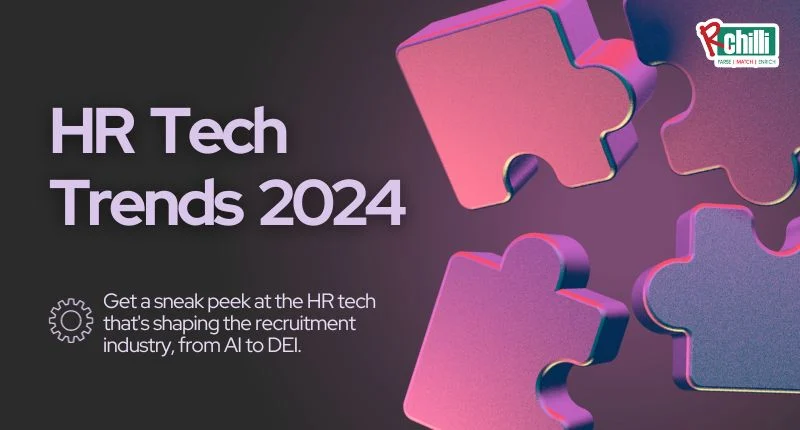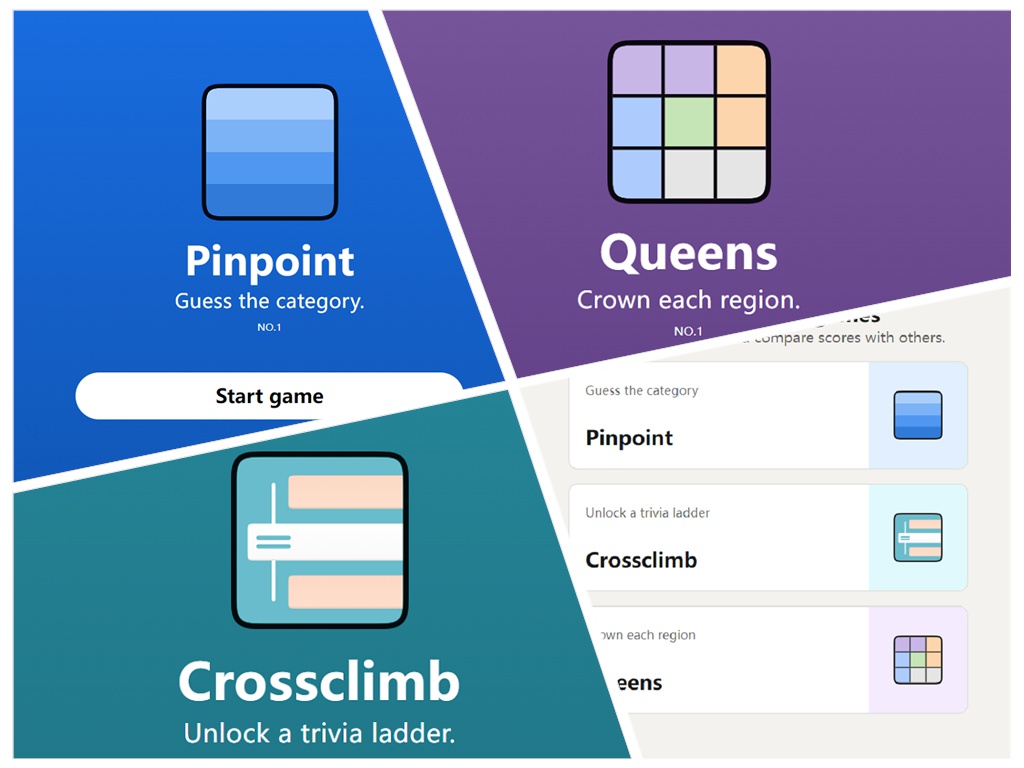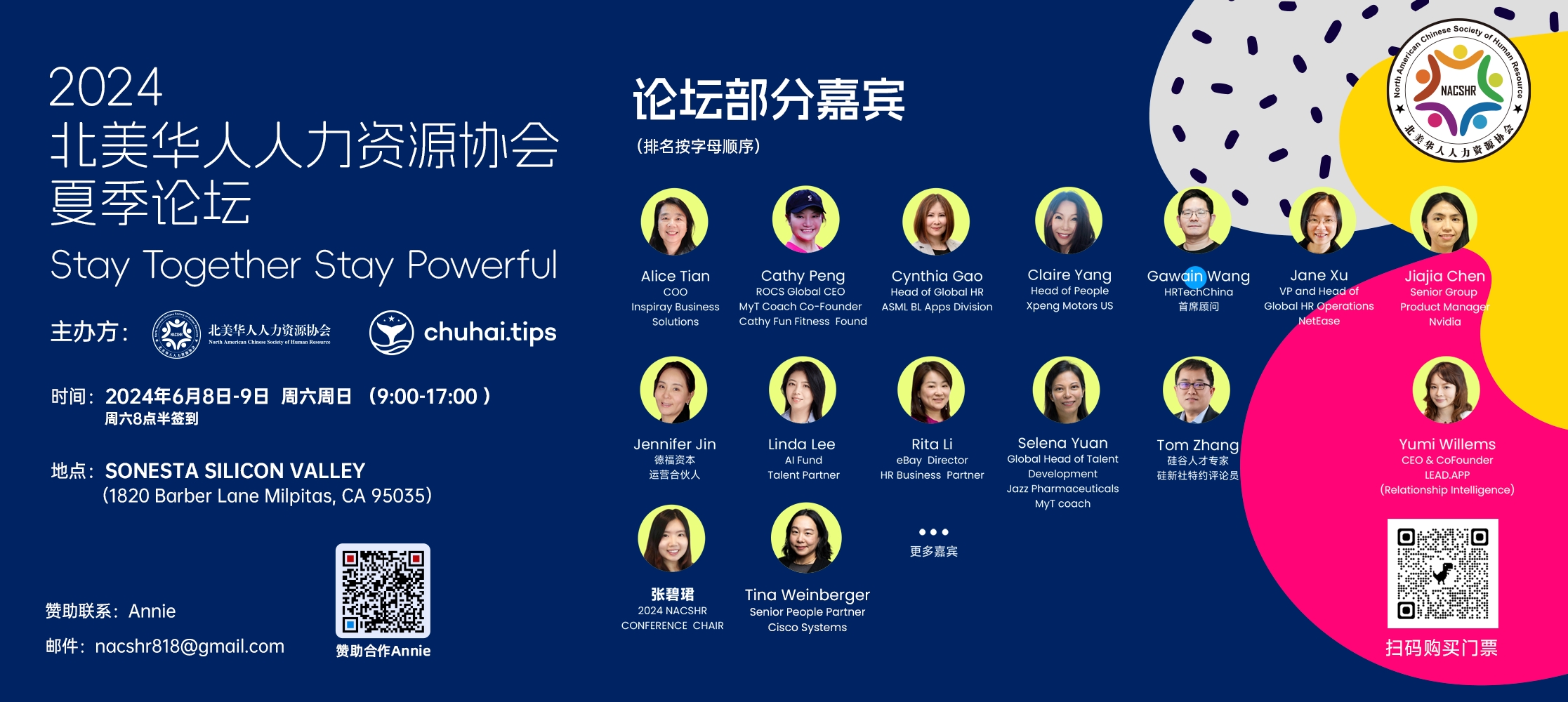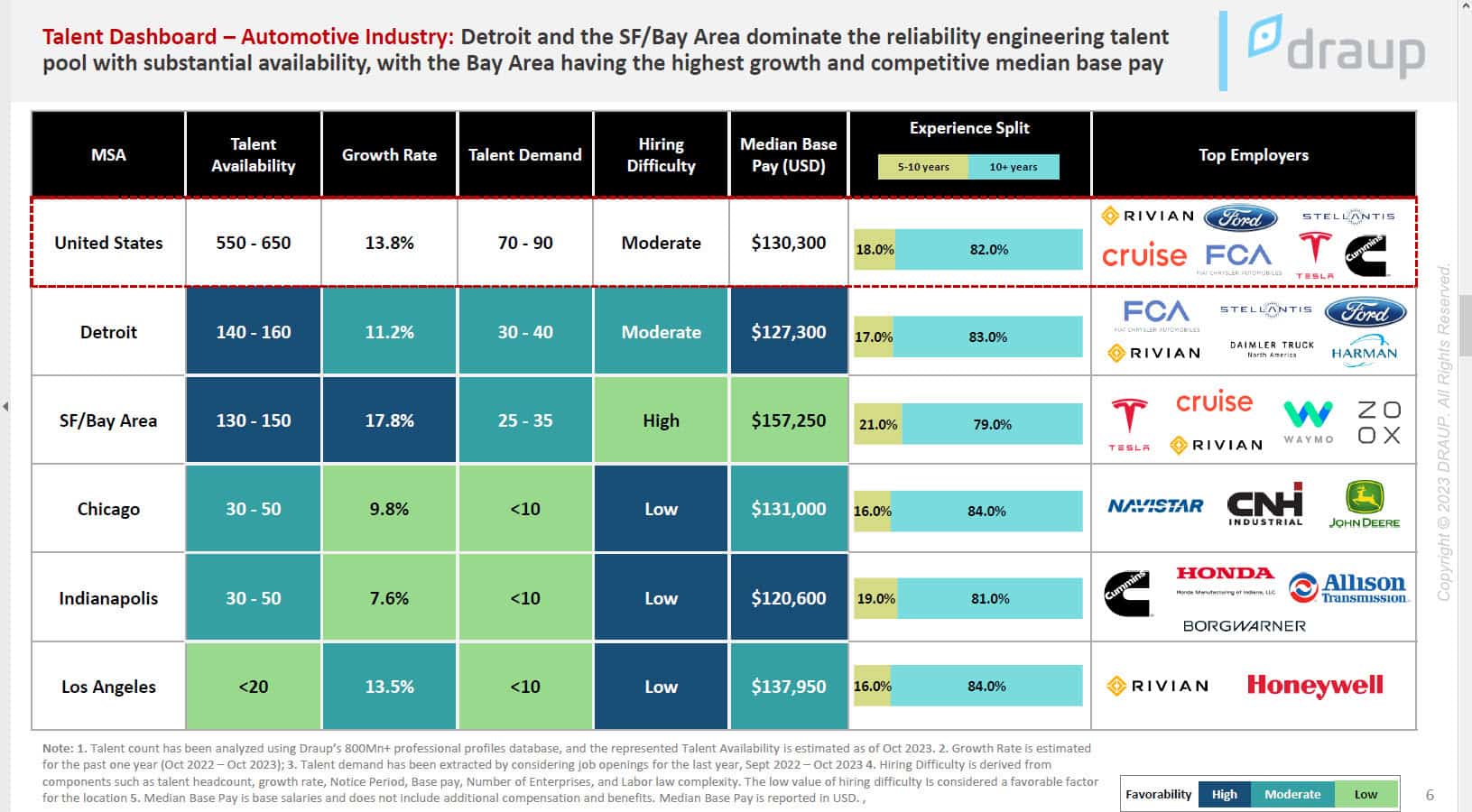The HR field is undergoing significant changes in 2024, with technology playing a pivotal role. Key trends include the use of AI and ML in talent acquisition, a shift to skills-based hiring, and the integration of remote and hybrid work models. Emphasis on diversity, equity, and inclusion (DEI) is growing, alongside the exploration of the Metaverse for virtual HR practices. Data analytics is crucial for informed decision-making, and there's a focus on optimizing user experience and supporting employee well-being and mental health. Enhancing the candidate experience and ensuring data security and compliance are also critical.
2024年人力资源领域正在经历重大变革,技术发挥着关键作用。主要趋势包括在人才招聘中使用人工智能和机器学习,向基于技能的招聘模式转变,以及远程和混合工作模式的整合。多元化、平等和包容性(DEI)的重视日益增加,同时探索元宇宙在虚拟人力资源实践中的应用。数据分析对于做出明智的决策至关重要,优化用户体验和支持员工福祉和心理健康也同样重要。加强候选人体验和确保数据安全与合规性也是关键。

Human Resources is continuously evolving, and in 2024, it is set to undergo a remarkable transformation. With the integration of cutting-edge technology and innovative approaches, HR departments are better equipped than ever to attract, retain, and manage talent effectively. In this blog, we'll delve into the top 10 HR tech trends of 2024, offering a glimpse of how these trends shape the future of HR.
- Artificial Intelligence and Machine Learning
Artificial Intelligence (AI) and Machine Learning (ML) are at the forefront of HR tech trends in 2024. These technologies are revolutionizing talent acquisition by streamlining the recruitment process. AI-driven algorithms can assess resumes, conduct initial candidate screenings, and predict a candidate's suitability based on historical data. ML algorithms analyze patterns within employee data to provide insights into performance, helping HR departments make more informed decisions about promotions and job placements.
- Skills-based Hiring
Skills-based hiring, which prioritizes a candidate's specific skills and abilities, will significantly impact companies in 2024. This approach will help companies swiftly adapt to the changing job landscape and technological advancements. In 2024, skills-based hiring will:
- Improve Recruitment Efficiency: Companies will find it easier to match candidates directly to job requirements, reducing time and resources spent sifting through resumes and interviews.
- Reduce Skill Gaps: With skills-based hiring, companies can address skill gaps more effectively and invest in training and upskilling for existing employees to meet the organization's needs.
- Increase Employee Productivity: Hiring individuals with the right skills results in quicker onboarding and increased employee productivity, driving business performance.
- Remote and Hybrid Work:
Remote work has swiftly transformed the modern workplace and is set to become a permanent fixture in 2024. HR professionals are tasked with managing the challenges of overseeing remote teams, encouraging collaboration, and maintaining employee engagement within virtual environments. Moreover, the growing prominence of hybrid work models demands strategic initiatives to enhance productivity and work-life balance for employees, regardless of their location within or outside the office.
- Diversity, Equity, and Inclusion (DEI):
Inclusion and diversity will remain at the forefront of HR agendas in 2024. Organizations will strive to create inclusive cultures where employees from all backgrounds feel valued, respected, and empowered. HR professionals will focus on building diverse talent pipelines, implementing unconscious bias training, and developing inclusive leadership practices. Addressing pay equity and ensuring equal opportunities at all levels will also be prioritized.
- Focus on Metaverse in HR
The Metaverse is poised to redefine HR practices. This revolutionary technology seamlessly integrates virtual meetings, interviews, onboarding, and learning experiences. By creating lifelike virtual environments, HR professionals can host dynamic meetings, conduct immersive interviews, and foster engaging discussions among remote teams.
Recognizing its vast potential, organizations embrace the Metaverse to reshape traditional HR processes and enhance collaboration across distributed teams. The Metaverse empowers HR to transcend geographical boundaries, ushering in a new era of impactful virtual interactions that elevate employee experiences and boost organizational productivity.
- Harnessing Data for Informed Decision-Making
This trend revolves around leveraging advanced data analytics tools to collect, process, and interpret vast amounts of data within the HR domain. By doing so, HR professionals can gain valuable insights into various aspects of workforce management, including employee engagement, performance metrics, talent acquisition, and workforce planning.
This trend is driven by the recognition that data is critical to making strategic and informed decisions. HR departments increasingly adopt predictive analytics to foresee trends, identify potential challenges, and devise proactive solutions. Through data-driven decision-making, organizations can optimize their HR strategies, streamline operations, and enhance overall workforce effectiveness.
- Optimize the User Experience
As HR tech evolves, the user experience is optimized for HR professionals and employees. This trend is about making the technology more user-friendly and intuitive. User-friendly interfaces, simplified navigation, and customized dashboards make it easier for HR personnel to access and utilize
HR tools, ultimately improving efficiency and reducing the learning curve.
- Employee Well-being and Mental Health Support
HR technology trends are placing a spotlight on employee well-being and mental health. Innovative tools and applications are designed to monitor and support employee well-being, offering resources to help individuals manage stress and achieve a healthy work-life balance. This emerging trend underscores the recognition of the significance of comprehensive employee care.
- Emphasizing Candidate Experience Enhancement
Even with resource limitations in 2024, CHROs are committed to maintaining their teams' focus on essential tasks. Companies recognize the imperative need to continually
enhance the candidate experience, fortify their employment brand, and expedite their recruitment processes to remain competitive in attracting top talent. Among the myriad HR trends discussed, refining the candidate experience remains an enduring challenge for TA teams.
- Data Security and Compliance
Data security and compliance are paramount with the growing use of HR tech. HR departments are increasingly implementing data protection measures to safeguard sensitive employee information and adhere to the ever-evolving global data protection regulations.
Conclusion
As we step into 2024, HR tech trends are shaping the future of human resources management. These trends, from artificial intelligence and machine learning to a strong focus on employee experience, enhance how organizations attract, retain, and manage talent. By staying abreast of these top 10 HR tech trends, businesses can position themselves to succeed in an ever-changing world of work. Embracing these technologies will streamline HR processes and create a more engaged, diverse, and resilient workforce.
by Navjot Kaur






 扫一扫
添加客服
扫一扫
添加客服




